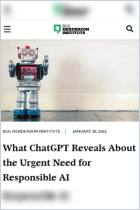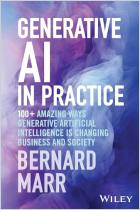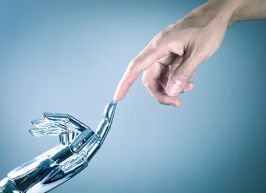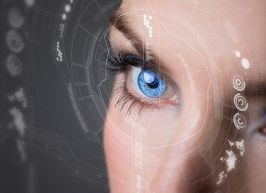Join getAbstract to access the summary!

Join getAbstract to access the summary!
Matthew Huddle, Josh Kellar, Krishna Srikumar, Krishna Deepak and Daniel Martines
Generative AI Will Transform Health Care Sooner Than You Think
Boston Consulting Group, 2023
What's inside?
Generative AI is impacting the health care industry segments in profound ways – leaders must balance seizing potential opportunities with protecting patients and organizations from risk.
Recommendation
Generative AI is already entering multiple health care segments, and the new technology has the potential to improve care quality and reduce inequities in care delivery and research. But an analysis from the Boston Consulting Group warns that while generative AI algorithms have the capacity to dramatically transform the health care industry and all its ecosystems, executives must avoid a number of potential risks before broadly implementing generative AI. Learn how organizations and companies are already leveraging the technology and expand your perspective of what the emerging future of AI-powered health care might hold.
Summary
About the Authors
Matthew Huddle, Josh Kellar, Krishna Srikumar, Krishna Deepak and Daniel Martines are professionals with the Boston Consulting Group.























Comment on this summary